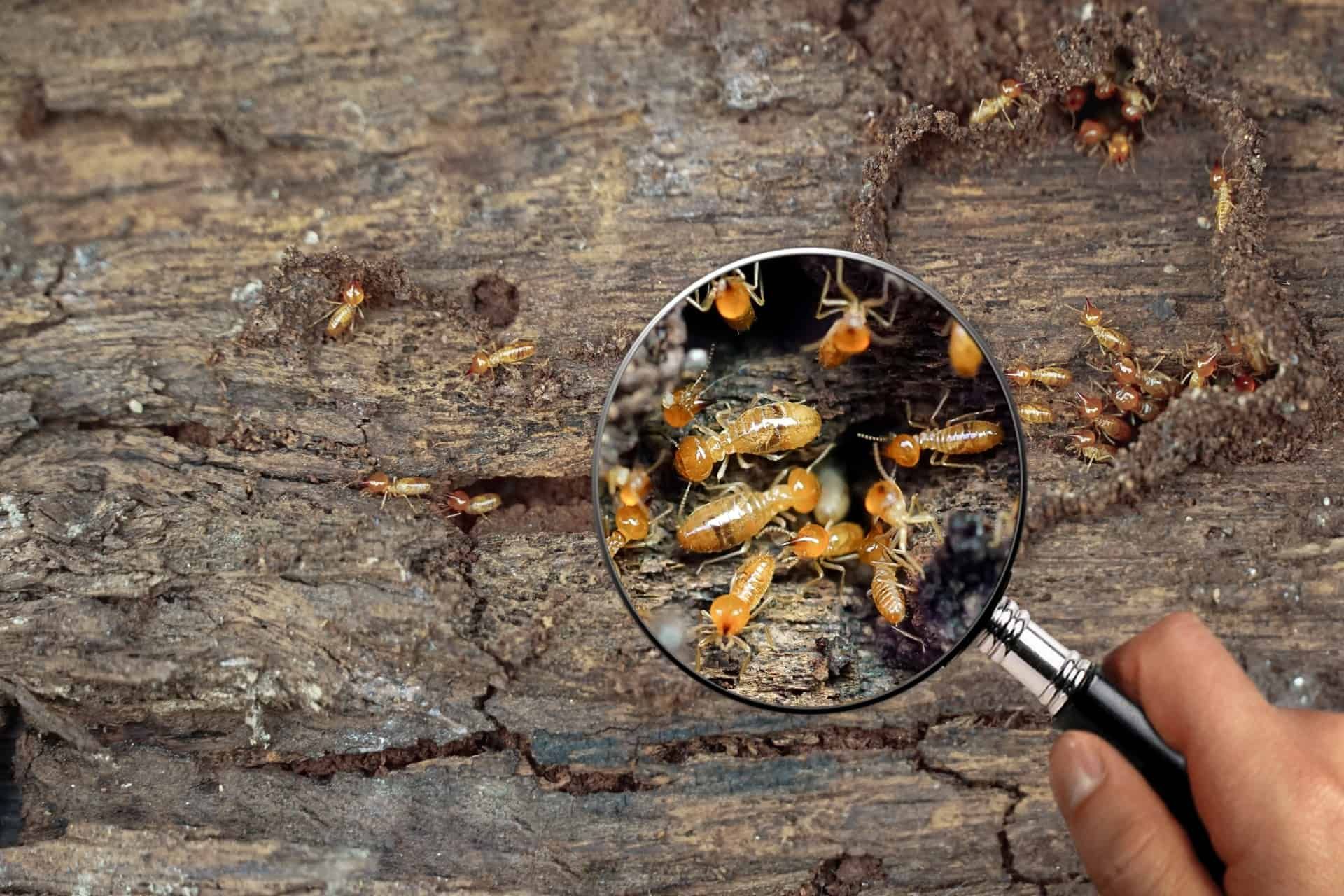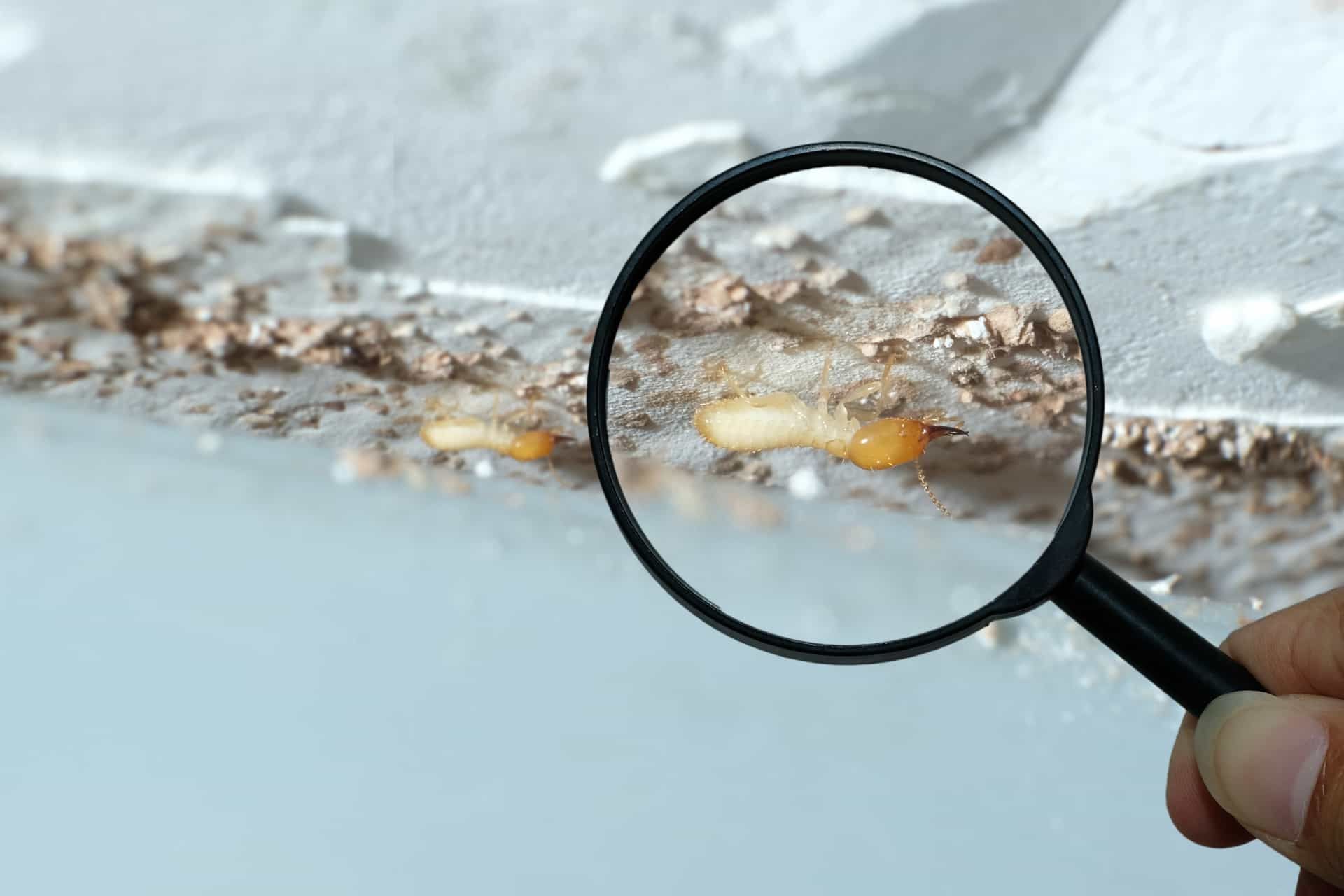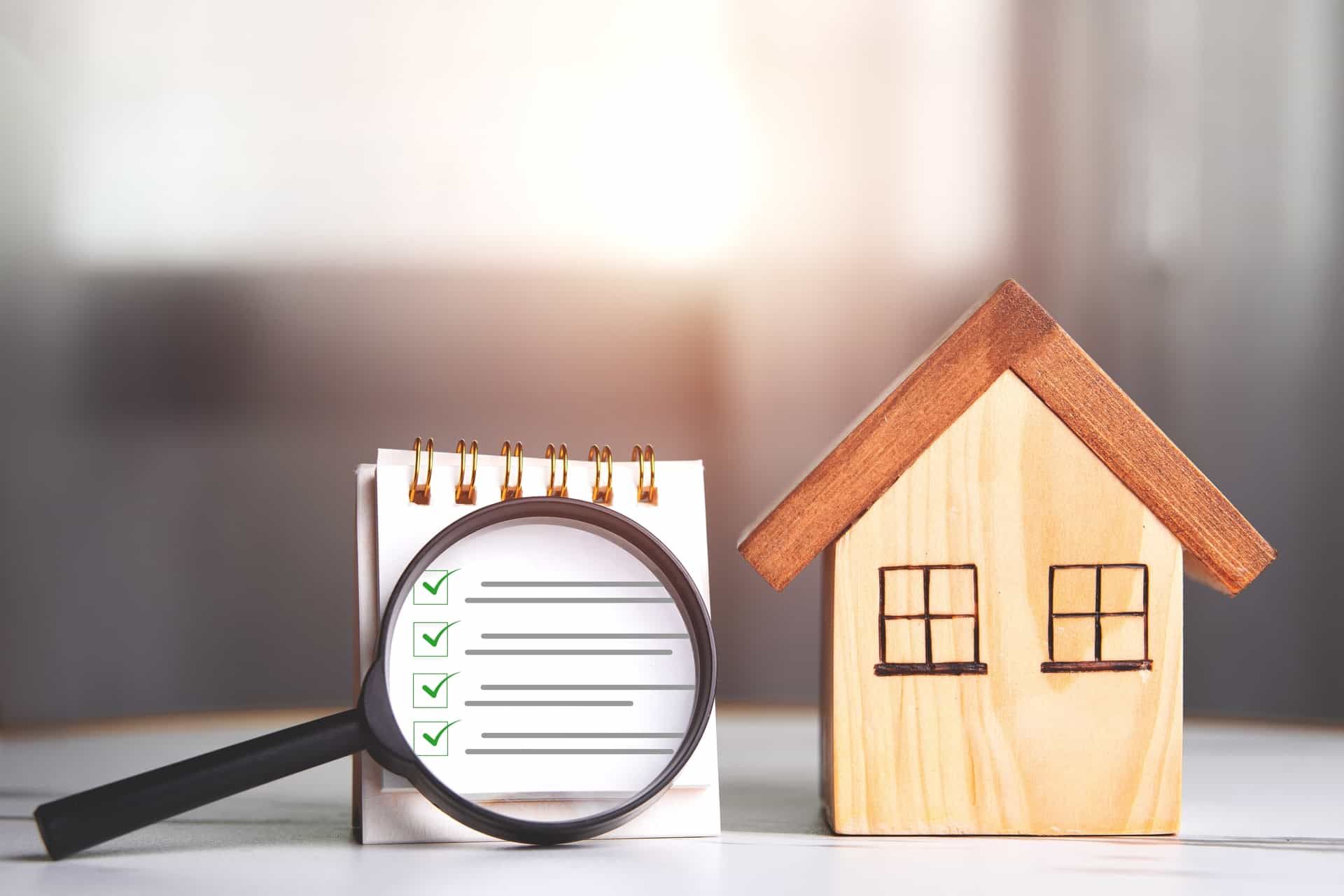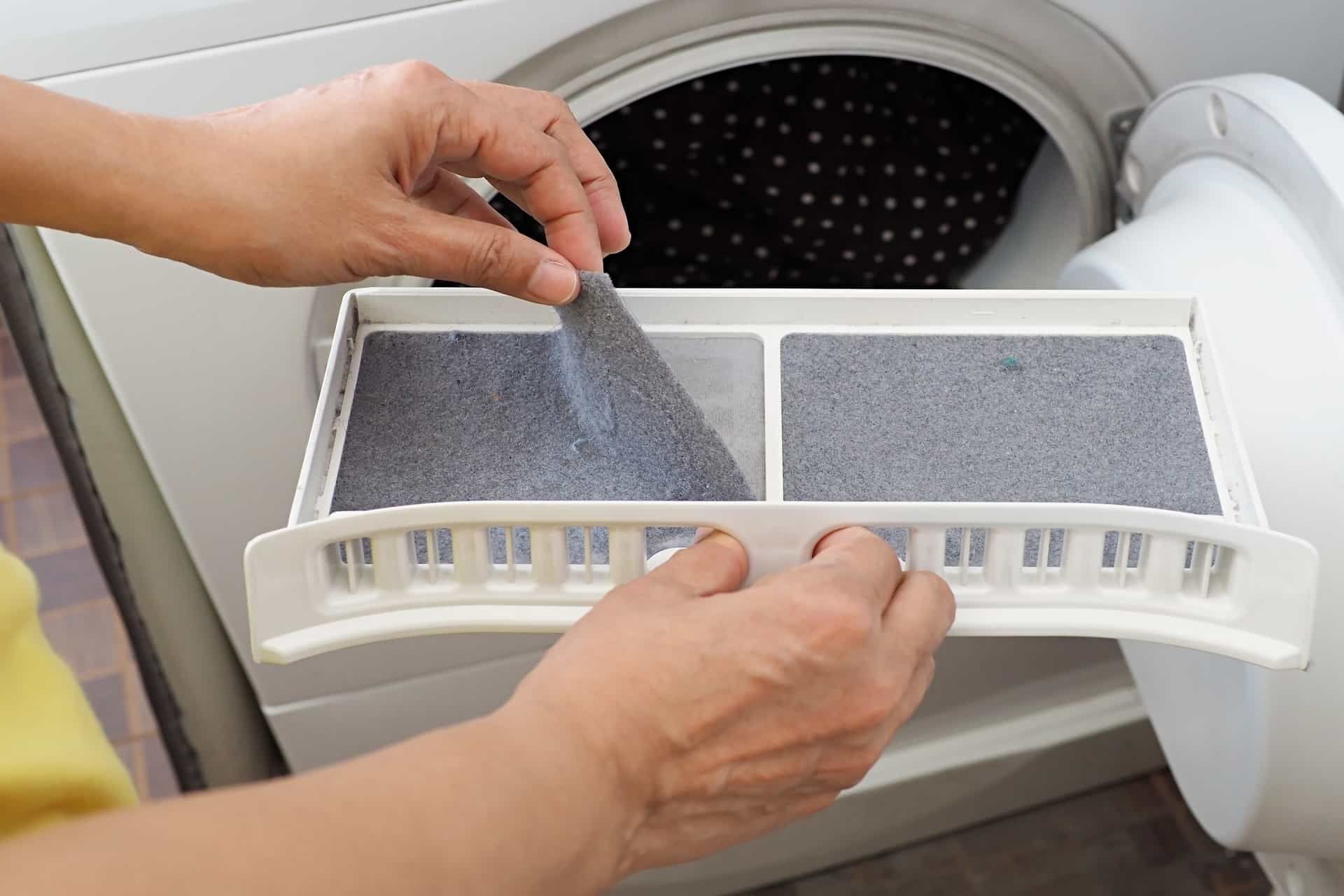The Benefits of Mold Inspections in Humid Climates
Living in a humid climate has perks like lush greenery and a pleasant, warm atmosphere. However, it also comes with challenges, one of the most significant being the increased risk of mold growth in homes. Mold can be more than just a nuisance; it can pose serious health risks and cause extensive damage to your property.
That's why mold inspections are crucial, especially in humid climates. This article will explore the benefits of scheduling regular mold inspections and why they are essential for maintaining a healthy and safe living environment.
Understanding the Threat of Mold in Humid Climates
Mold thrives in environments with high moisture levels, making humid climates a perfect breeding ground. In regions with consistently high humidity, it's not uncommon for mold to grow in hidden areas of your home, such as behind walls, under flooring, and in attics or basements. Mold spores can spread quickly; once they take hold, they can be difficult and costly to remove.
Health Risks Associated with Mold Exposure
One of the most significant reasons to prioritize mold inspections is the potential health risks associated with mold exposure. Mold can produce allergens, irritants, and, in some cases, toxic substances known as mycotoxins. Exposure to these can lead to a range of health issues, including:
- Allergic Reactions: Mold spores can trigger symptoms such as sneezing, runny nose, red eyes, and skin rashes. Individuals with mold allergies may experience more severe reactions, including asthma attacks.
- Respiratory Problems: Mold can cause respiratory issues, particularly in people with asthma or other pre-existing lung conditions. Prolonged exposure can lead to chronic respiratory problems.
- Infections: In rare cases, mold exposure can result in infections, particularly in individuals with weakened immune systems.
Regular
mold inspections can help identify and address mold issues before they impact your health.
Preventing Structural Damage
Mold doesn't just affect your health; it can also cause significant damage to your home's structure. Mold can weaken the materials it grows on, including wood, drywall, and insulation. Over time, this can lead to structural issues, such as:
- Wood Rot: Mold can cause wood to rot, compromising the integrity of your home's framework and resulting in sagging floors, walls, and ceilings.
- Damage to Walls and Ceilings: Mold growth behind walls and ceilings can cause discoloration, bubbling paint, and even collapse affected areas.
- Reduced Property Value: A home with visible mold damage or a history of mold problems can lose value, making it harder to sell or rent out.
By scheduling regular mold inspections, you can catch mold growth early and prevent it from causing extensive damage to your home.
Early Detection Saves Money
Mold remediation can be expensive, mainly if the mold has spread extensively. Early detection through regular mold inspections can save you significant money in the long run. When mold is caught early, remediation is generally less invasive and less costly. Additionally, addressing mold issues early can prevent the need for more extensive repairs to your home's structure.
Protecting Your Investment
For most people, their home is one of their most significant investments. Protecting that investment should be a top priority. Regular mold inspections are essential to home maintenance, especially in humid climates where the risk of mold growth is higher. By investing in mold inspections, you safeguard your health and protect your property's value and integrity.
When to Schedule a Mold Inspection
While mold inspections are beneficial at any time, there are certain situations when they are essential:
- After Water Damage: If your home has experienced water damage from flooding, leaks, or burst pipes, a mold inspection is essential to ensure mold hasn't begun to grow.
- Before Buying or Selling a Home: If you're buying or selling a home, a mold inspection can provide valuable information about the property's condition.
- Regular Maintenance: Even if there are no visible signs of mold, scheduling regular inspections, especially in humid climates, can help catch mold growth early.
Choosing the Right Mold Inspection Service
When it comes to mold inspections, choosing a reputable and experienced service provider is essential. Look for companies that use advanced detection methods, such as infrared cameras and moisture meters, to identify hidden mold. Additionally, ensure that the inspectors are certified and thoroughly understand mold growth and remediation.
Conclusion
Mold inspections are a crucial aspect of maintaining a healthy and safe home, particularly in humid climates where mold is more likely to thrive. By scheduling regular inspections with
Protec Inspection Services, you can protect your health, prevent costly structural damage, and ensure your home remains a valuable and safe investment. Don't wait until mold becomes a visible problem—be proactive and schedule a mold inspection with Protec Inspection Services to safeguard your home and your well-being.
Disclaimer: The information on this website and blog is for general informational purposes only and is not professional advice. We make no guarantees of accuracy or completeness. We disclaim all liability for errors, omissions, or reliance on this content. Always consult a qualified professional for specific guidance.





